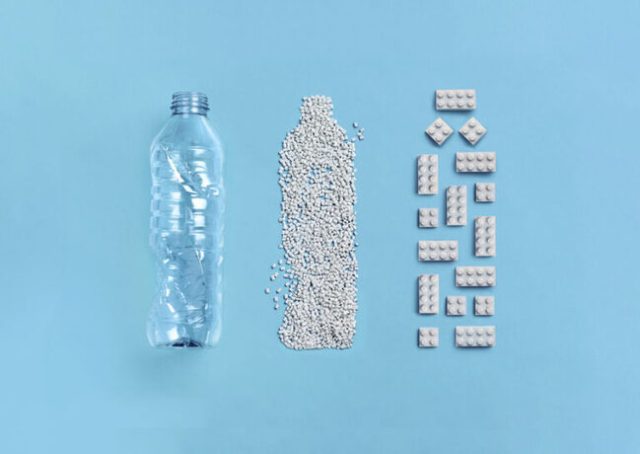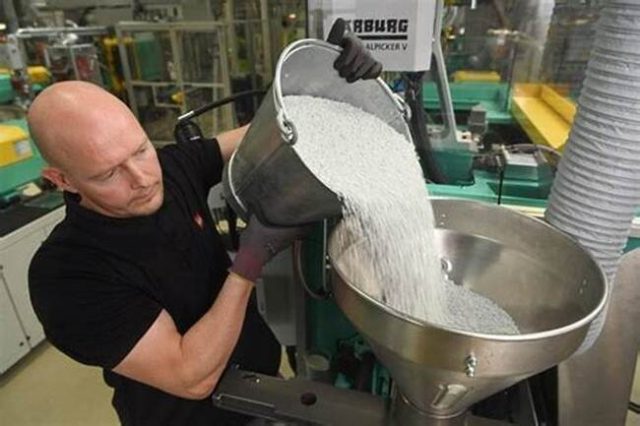
In a surprising turn of events, Lego, the iconic toy brick manufacturer, has decided to abandon its ambitious plans to produce bricks from recycled plastic bottles. The company had initially set out on this eco-friendly initiative with the intention of reducing its environmental footprint by incorporating recycled materials into its manufacturing process. However, after thorough projections and assessments, Lego concluded that adopting this recycled plastic bottle material at scale would ultimately result in a higher carbon footprint, counteracting the intended environmental benefits. The study conducted by the company shows that the retooling needed in its factories to process rPET would leave a higher carbon footprint than the good deed itself.

Lego’s decision underscores the complexities and challenges associated with sustainable manufacturing practices. While the initial goal was to contribute to a more environmentally friendly approach, the company’s commitment to maintaining a low carbon footprint forced them to reconsider their strategy. This shift highlights the importance of conducting thorough life cycle assessments and environmental impact analyses in sustainable initiatives, ensuring that the long-term consequences align with the desired ecological outcomes. As Lego navigates the delicate balance between innovation and environmental responsibility, this experience serves as a valuable lesson for industries seeking to adopt sustainable practices in a genuinely impactful and thoughtful manner.














